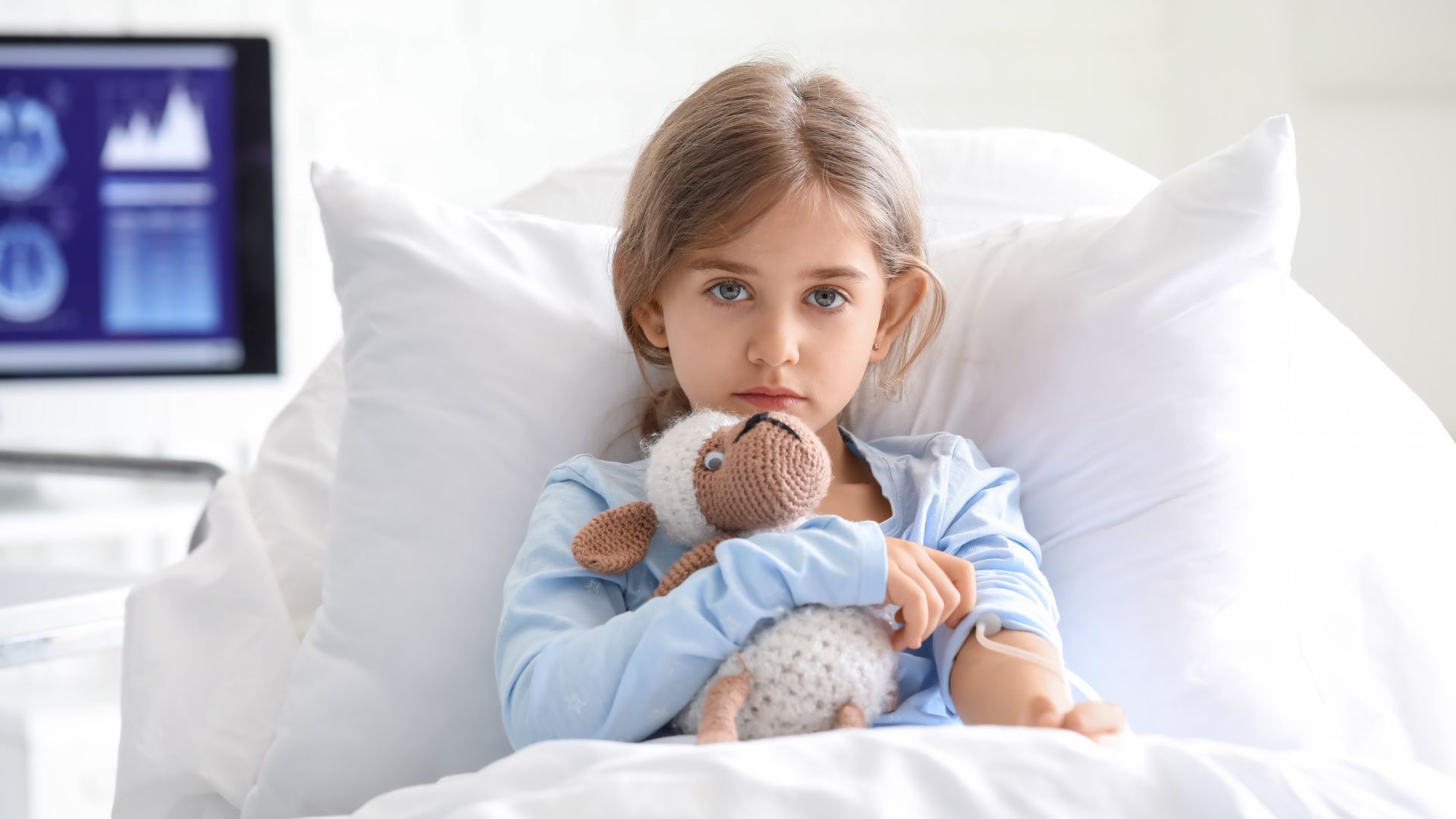Most of the time, parents come into my office because their child’s behavior is concerning. Typically, this is emotional, social, or behavioral in nature. However, it is interesting how many parents, when discussing the history and background of their children, bring up medical diagnoses, complications, procedures, or hospitalizations. More often than not, parents are not aware of the connection, but the human body anchors and remembers experiences that influence mental health more than we realize.
Medical Experiences
When kids face medical issues, either from congenital/early life complications or due to something that occurs later as a circumstance or emergency, their experiences are difficult to understand and process. Many procedures are extremely scary, children are often required to be separated from parents for a time, and the unknown of what is happening or will happen in the future is overwhelming. All of these fears are absorbed and remain in the body unless they are effectively processed at a later time.
Self-Esteem
As a result of what kids go through when they deal with medical issues, they often internalize that they are different, less than their peers, incapable, or fragile. These beliefs, though usually not accurate, weigh on kids’ self-esteem and negatively impact their confidence. They try to make sense of their experiences, and end up assuming that something is wrong with them. This will often make them overly cautious, overly sensitive, and overly hard on themselves. Their self-imposed pressure makes them either strive too hard and get frustrated at themselves, or they give up because they realize they will never achieve perfection.
Play Therapy
Kids who have undergone medical procedures will often reenact their experiences through play. This gives them the opportunity to either practice handling the scenario with new skills, rewrite the story to make it more palatable, or create a different ending altogether. Through this process, kids are able to come to terms with what they experienced, without remaining stuck in the fear and confusion of it all. Playing allows them to develop coping skills, build resilience, and increase self-esteem. Then, difficult medical experiences become a part of their past and no longer negatively impact the present.

